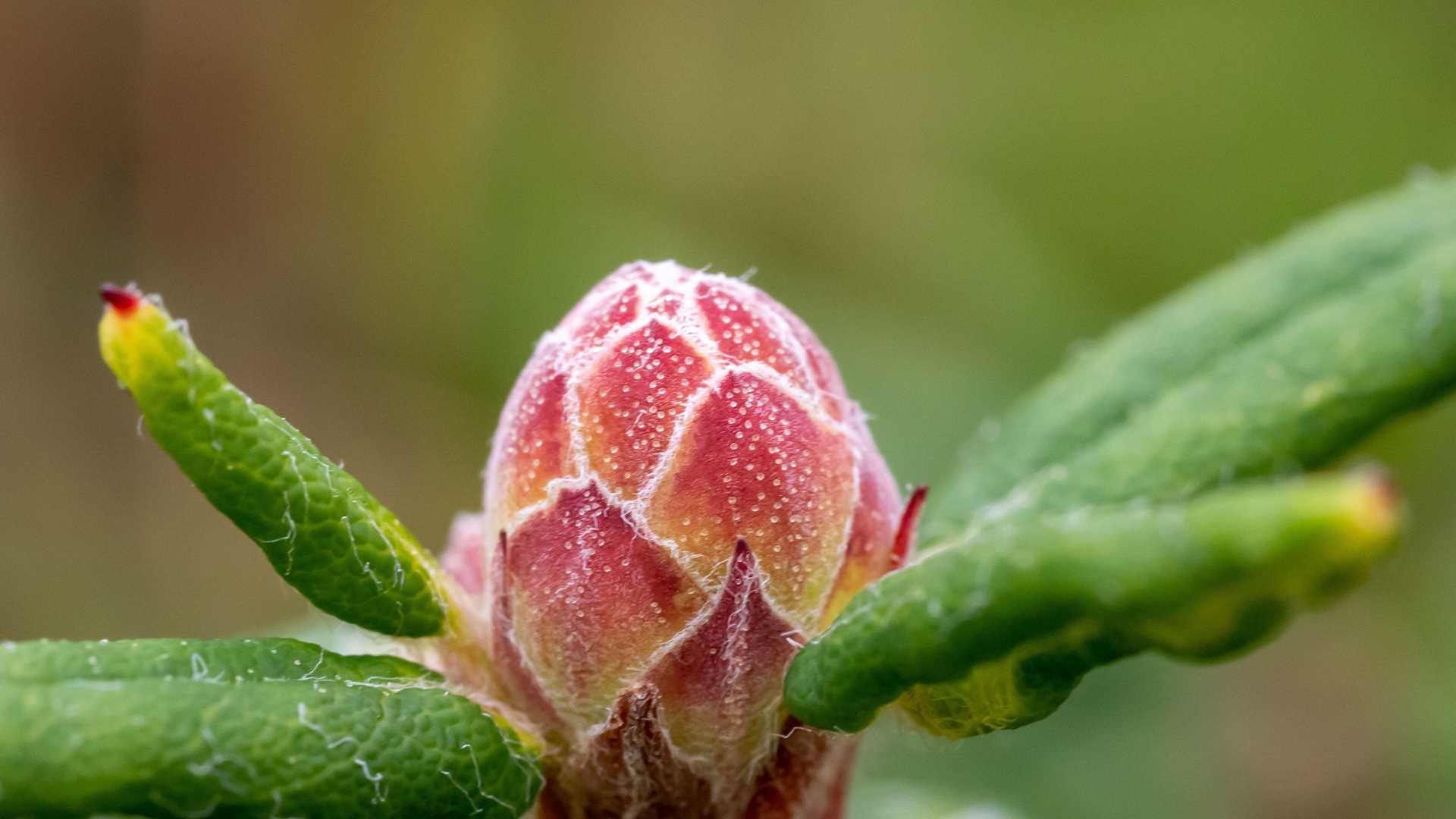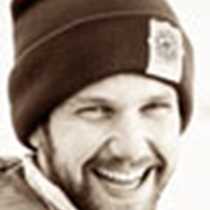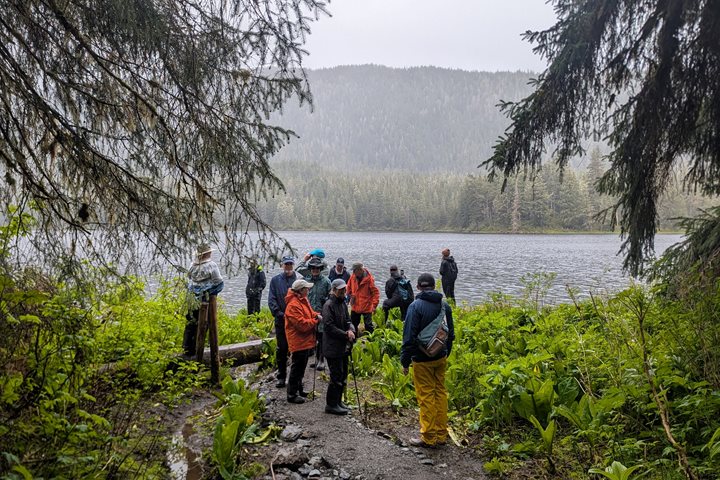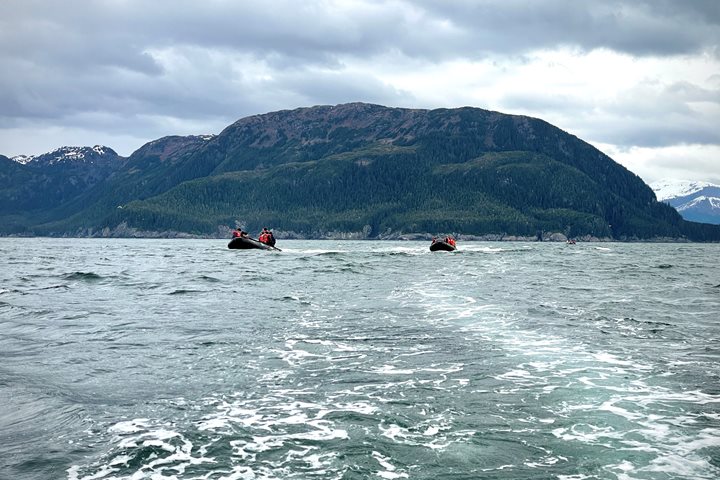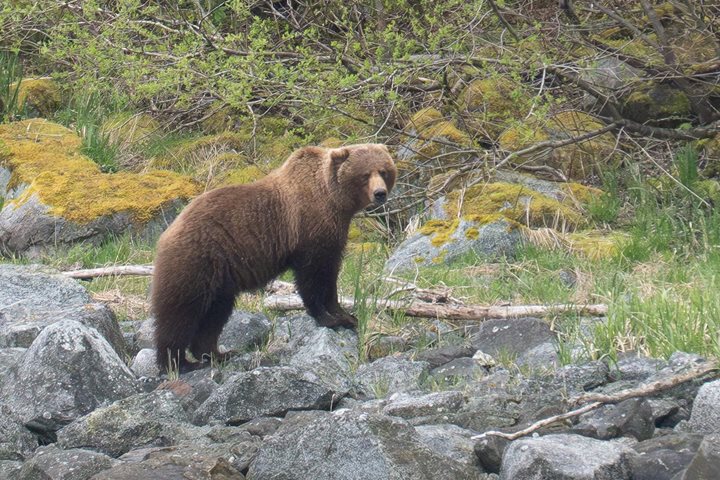A day of megafauna and microflora.
It is a treat to visit Petersburg in September. The town is beginning to quiet after a busy summer season, and our breath hung in the air. We had the morning to explore the town that fish built and a plethora of options to choose from. I had the opportunity to lead my favorite walk: a muskeg walk. A muskeg is an Alaskan bog and a wonderful showcase of microflora. The soil of a bog is not really soil at all, but peat—long dead sphagnum moss sitting in an acidic, nutrient-poor water table. In such an environment, plants struggle to live. Those that do survive find a niche to themselves. Contorted shore pines rise just feet above the bog, but they rise above the other plants, including round-leaved sundews, which are insectivorous flowering plants that capture flies. Labrador tea leaves are leathery, curled, and covered in brown hairs to hold onto every bit of moisture possible so they do not have to tap into the acidic water at their roots. The bog is a wonderful place to explore. When we get down low, we can see the unique beauty and diversity that Southeast Alaska has to offer.
After our exploration of Petersburg, we headed south through Wrangell Narrows and past Zarembo Island into Snow Pass. At Snow Pass, the strong currents brought life to us. Sea otters rested on their backs as they ate basket stars, and harbor porpoises appeared in every direction we looked. Gulls and common murres looked for small fish, and parasitic jaegers waited to chase down the successful gulls and steal their meal. Humpback whales swam by in the other direction. And then, suddenly, we observed a huge breach on our left as a humpback leapt from the water, signaling the start of an incredible evening. We spent the evening watching three humpbacks cooperatively bubble-netting, over and over. On the glassy calm water, the encircling net of bubbles was perfectly visible as the fish were forced to the surface and enveloped by giant mouths. The show went on for an hour before we decided it was time to leave the whales to their hunt and continue our journey south.

